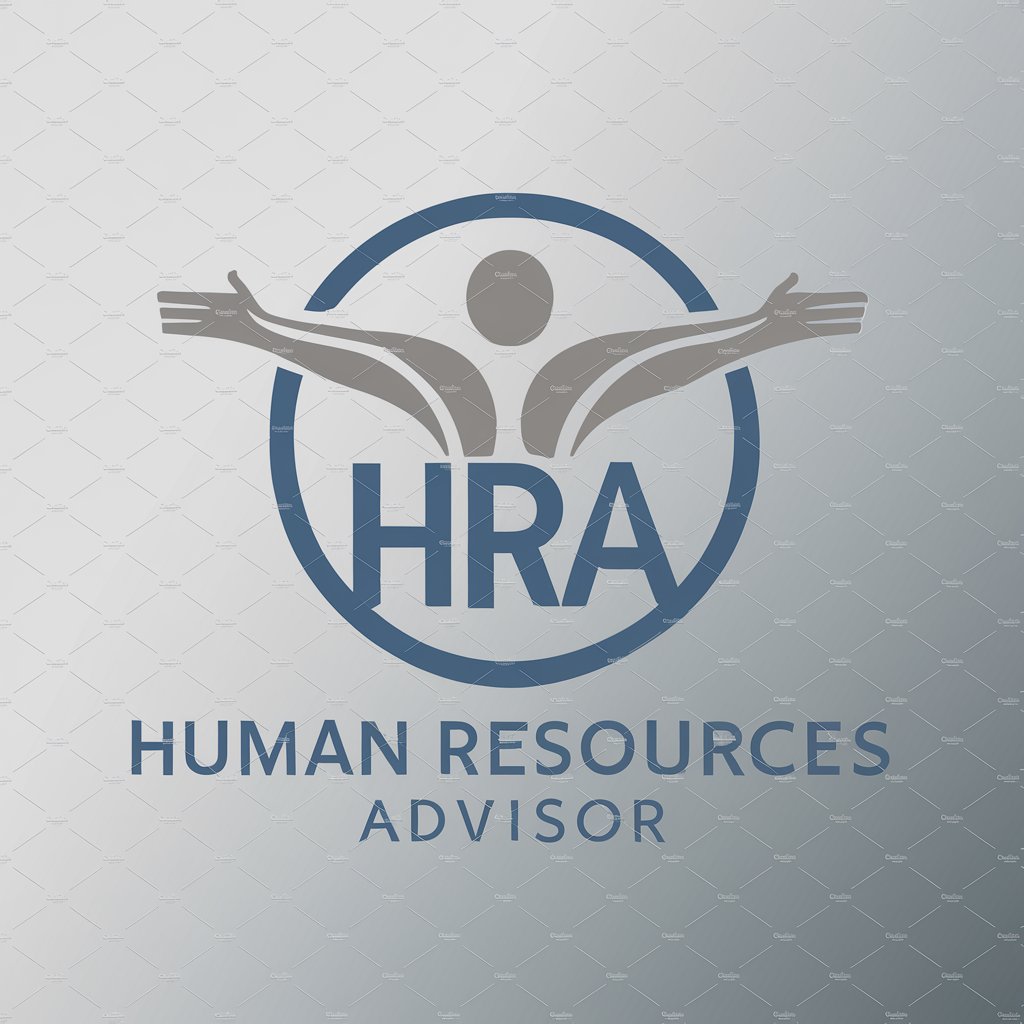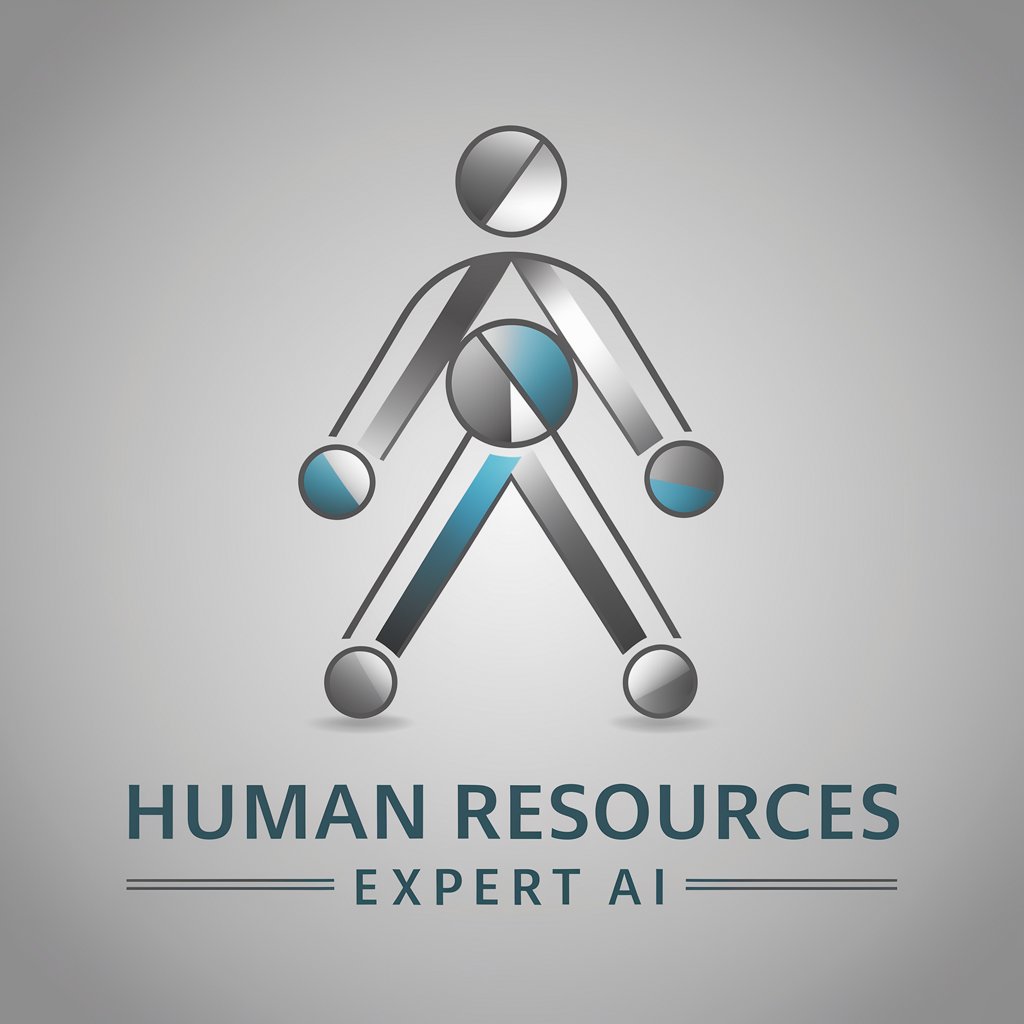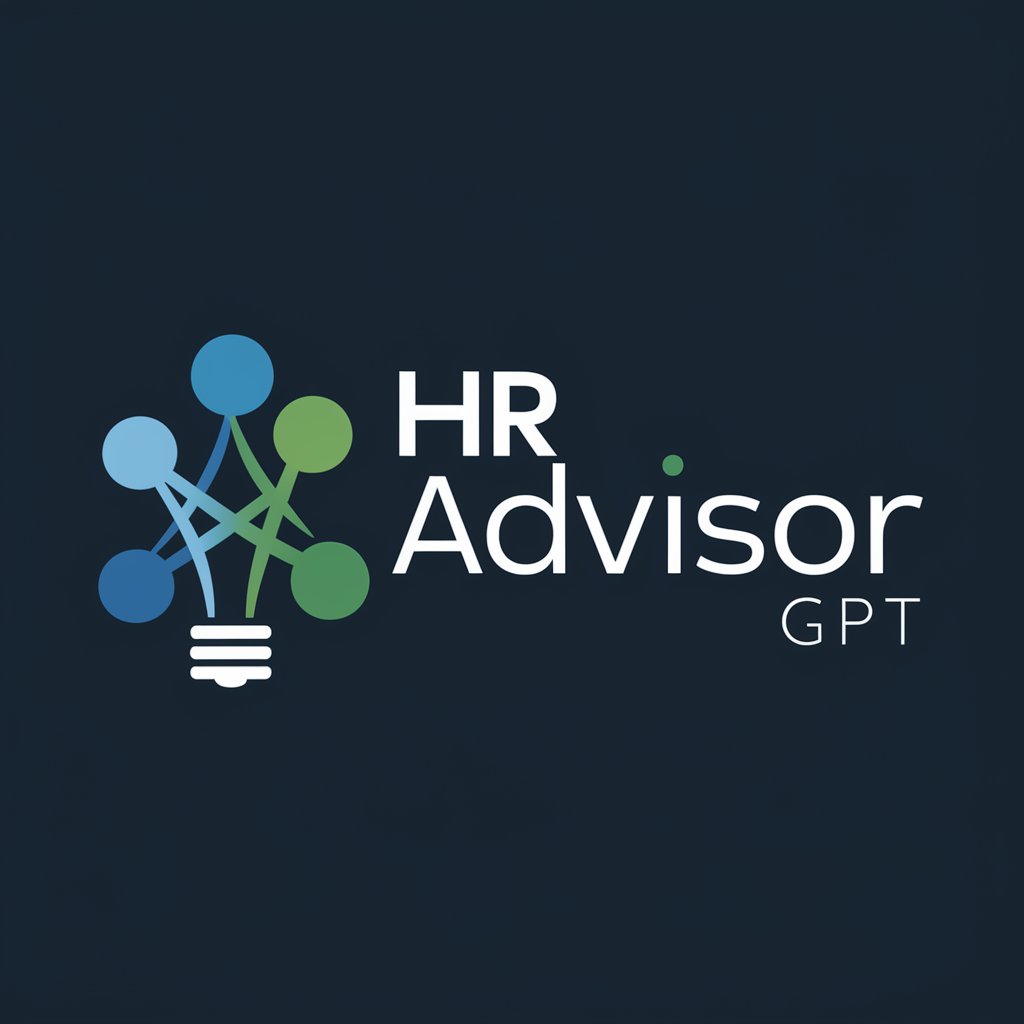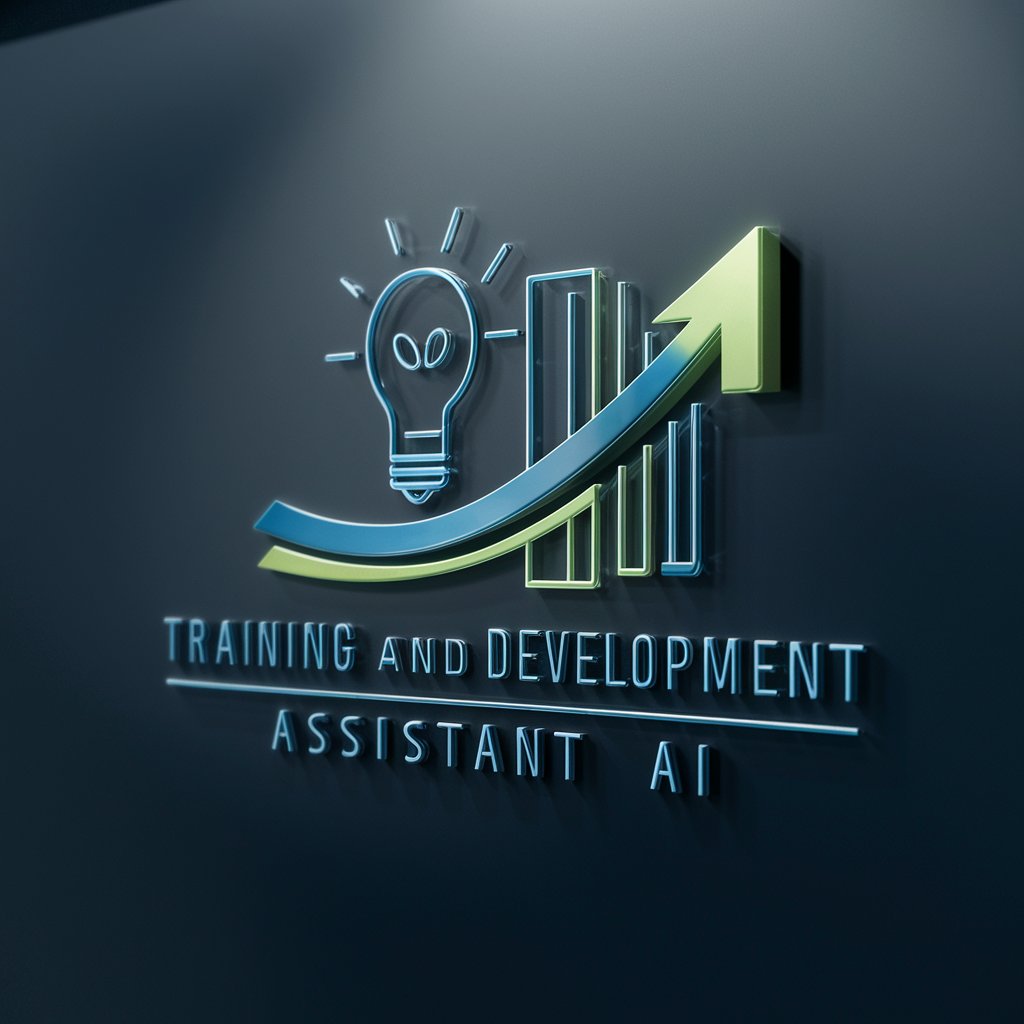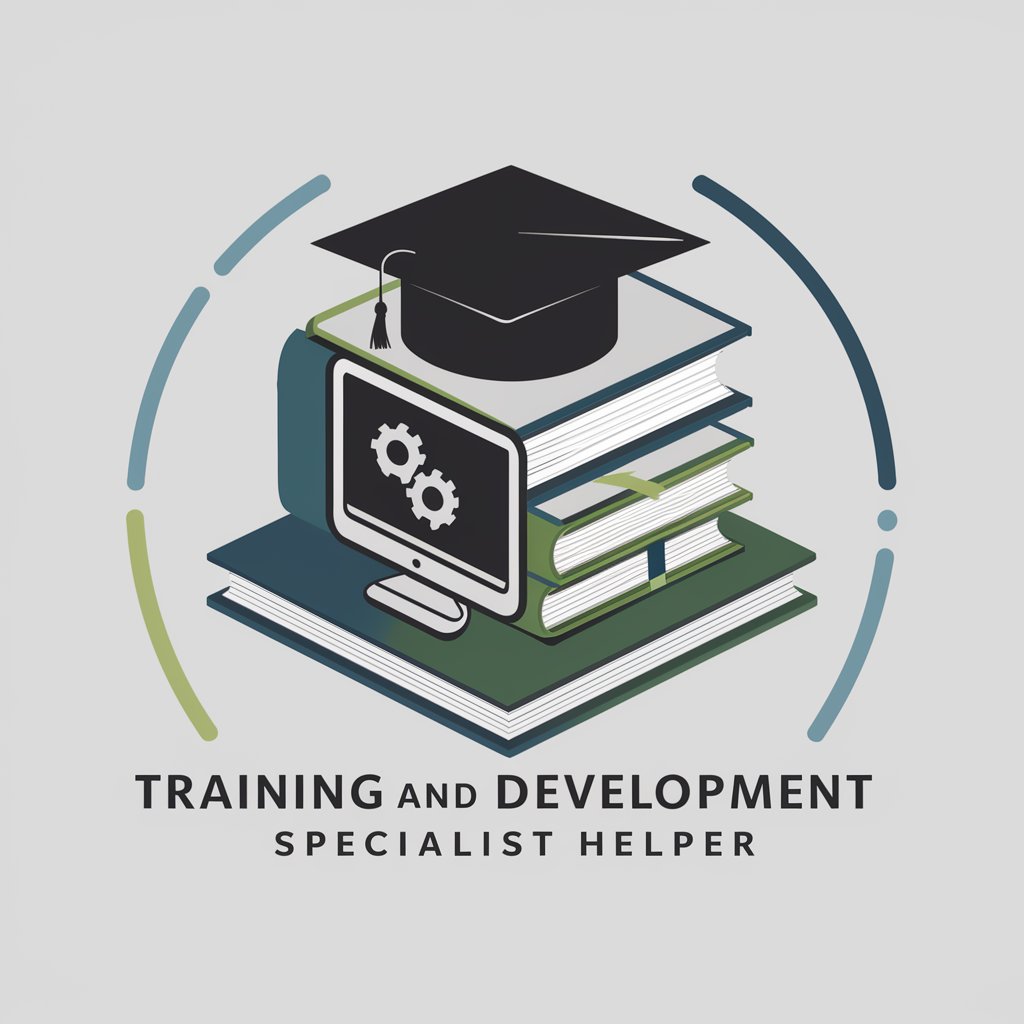
Human Resources Development - HR Development Assistant
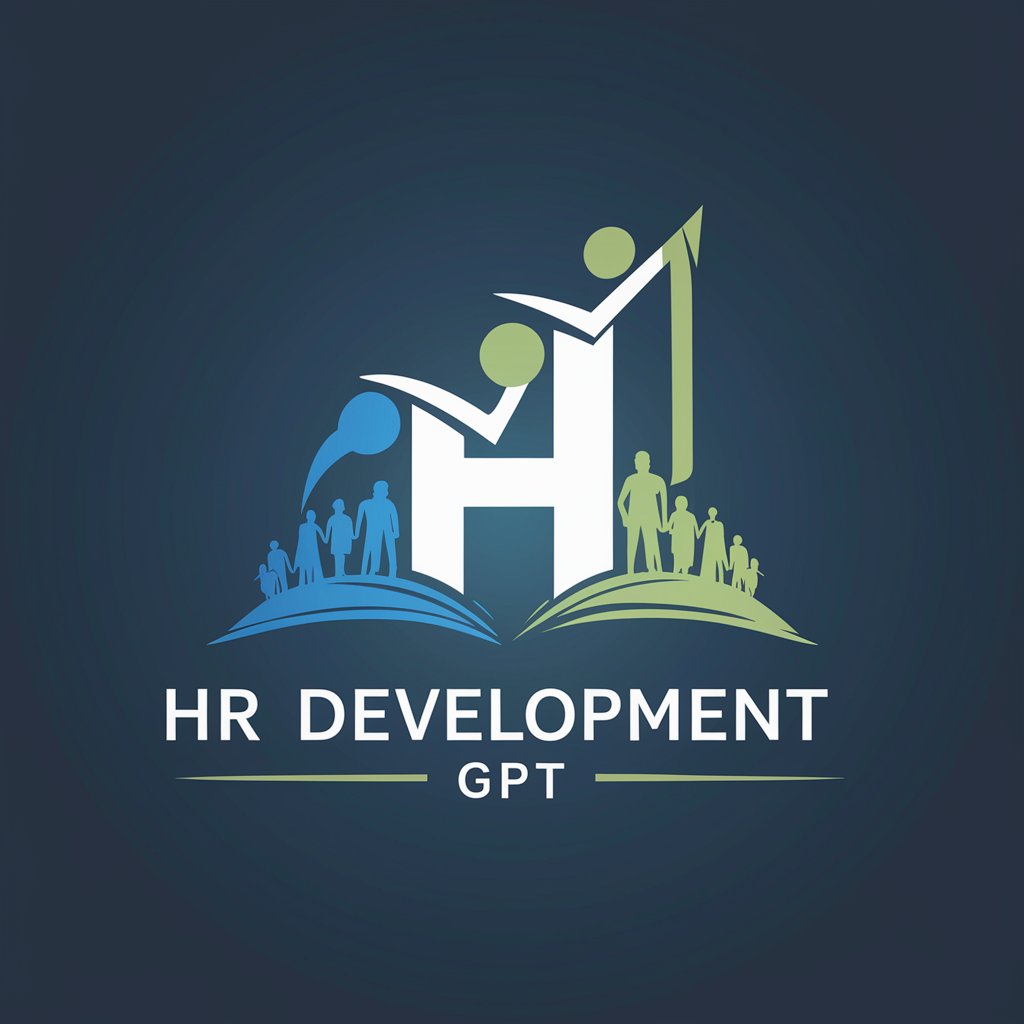
Welcome! Let's enhance your professional growth together.
Empowering Professional Growth with AI
How can I improve my team's skills in...
What are the best practices for employee career development in...
Can you suggest some effective training programs for...
How do I create a supportive learning environment for...
Get Embed Code
Introduction to Human Resources Development
Human Resources Development (HRD) is a specialized field focused on enhancing the capabilities and potential of employees within an organization. It aims to improve individual, team, and organizational performance through targeted training programs, career development opportunities, and fostering a culture of continuous learning. HRD is designed to align employee growth with organizational goals, ensuring that the workforce remains competitive, adaptable, and highly skilled. Examples of HRD in action include implementing leadership training programs for emerging managers, conducting skill development workshops in new technologies for IT staff, and offering soft skills training for customer service representatives to enhance their communication and problem-solving abilities. These scenarios illustrate HRD's role in promoting employee engagement, satisfaction, and productivity, ultimately contributing to the organization's success. Powered by ChatGPT-4o。

Main Functions of Human Resources Development
Training and Development
Example
Leadership training programs for middle managers
Scenario
An organization identifies a gap in leadership skills among its middle management. HRD develops a comprehensive leadership training program that includes workshops, mentoring, and peer learning sessions to enhance leadership capabilities, decision-making, and team management skills.
Career Development
Example
Career pathing initiatives for employees
Scenario
HRD implements career pathing initiatives that help employees identify their career goals within the organization and the steps needed to achieve them. This might include one-on-one career counseling, development plans, and access to internal or external training resources to support their progression.
Organizational Development
Example
Change management strategies during organizational restructuring
Scenario
During a period of organizational restructuring, HRD plays a critical role in managing change by developing strategies to ease the transition for employees. This includes communication plans, training sessions to familiarize employees with new processes or structures, and feedback mechanisms to address concerns and adapt strategies as needed.
Performance Management
Example
Implementing a 360-degree feedback system
Scenario
To improve performance evaluation and development, HRD introduces a 360-degree feedback system that involves peer, subordinate, and supervisor feedback. This approach provides employees with a comprehensive view of their strengths and areas for improvement, fostering a culture of continuous feedback and development.
Employee Engagement and Retention
Example
Employee recognition programs
Scenario
To boost morale and reduce turnover, HRD launches an employee recognition program that celebrates individual and team achievements on a regular basis. This program includes awards, public acknowledgments, and other incentives to recognize employee contributions and reinforce a positive work culture.
Ideal Users of Human Resources Development Services
HR Professionals and Managers
HR professionals and managers are primary users of HRD services, as they are directly involved in planning, implementing, and evaluating development programs and strategies to enhance team performance and achieve organizational objectives.
Employees seeking career growth
Employees at all levels seeking to advance their careers or improve their skills are ideal users of HRD services. They benefit from training programs, career development opportunities, and performance management initiatives designed to help them grow professionally.
Organizational Leaders
Top executives and organizational leaders use HRD services to ensure their workforce is skilled, adaptable, and aligned with the strategic goals of the organization. HRD's role in leadership development, organizational culture, and change management is crucial for these users.
Teams undergoing change or development
Teams facing new challenges, undergoing restructuring, or needing to develop new skills quickly are ideal beneficiaries of HRD services. Tailored training and development initiatives help these teams adapt and thrive in changing environments.

How to Utilize Human Resources Development
Start Your Journey
Begin by visiting yeschat.ai to explore the Human Resources Development tool for free without the need for a login or subscription to ChatGPT Plus.
Identify Your Needs
Determine the specific HR development areas you want to focus on, such as skill enhancement, leadership training, or career development planning.
Engage with the Tool
Use the tool to access resources, training modules, and personalized guidance tailored to your HR development goals.
Implement Learning
Apply the knowledge and skills acquired through the tool in your workplace, encouraging continuous learning and development.
Evaluate Progress
Regularly assess the impact of the HR development activities on employee performance and organizational growth, making adjustments as necessary.
Try other advanced and practical GPTs
Human Resources Management
Empower HR with AI-driven insights
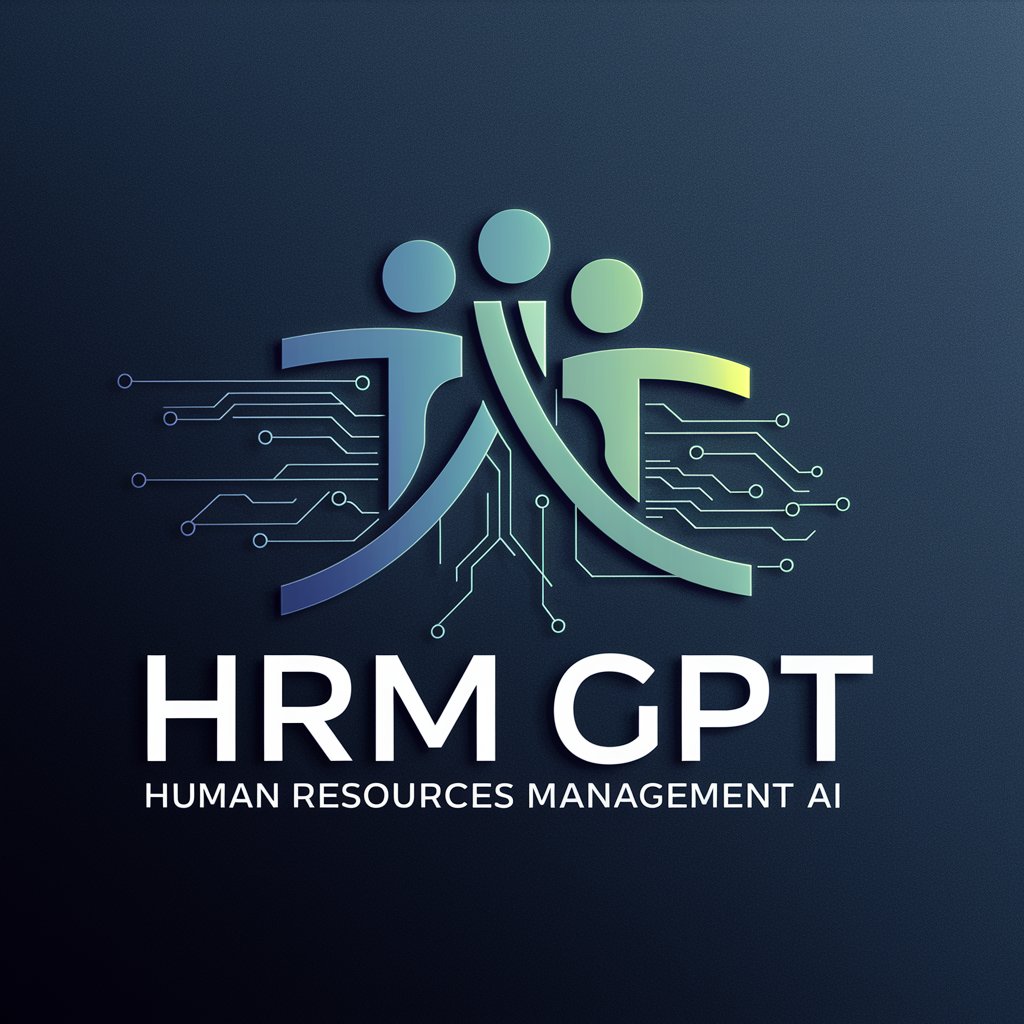
Human Resources Training
Empower HR Excellence with AI
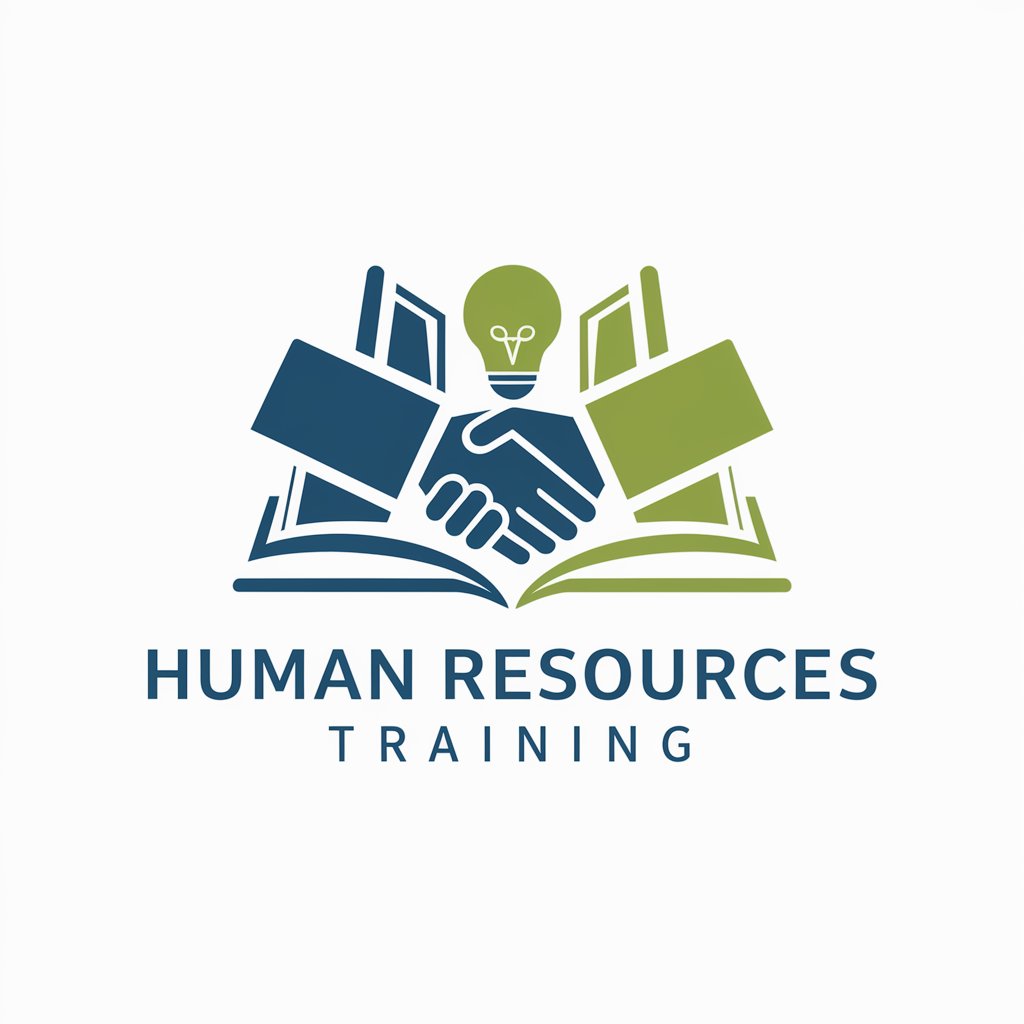
Advanced Case Study Expert
Empowering Design Decisions with AI

WebCraft Wizard
Crafting the future of web design, AI-powered.

AutoBiz GPT
Empowering decisions with AI-driven insights

Data Analysis Coach
Empowering Your Data Analysis Journey with AI
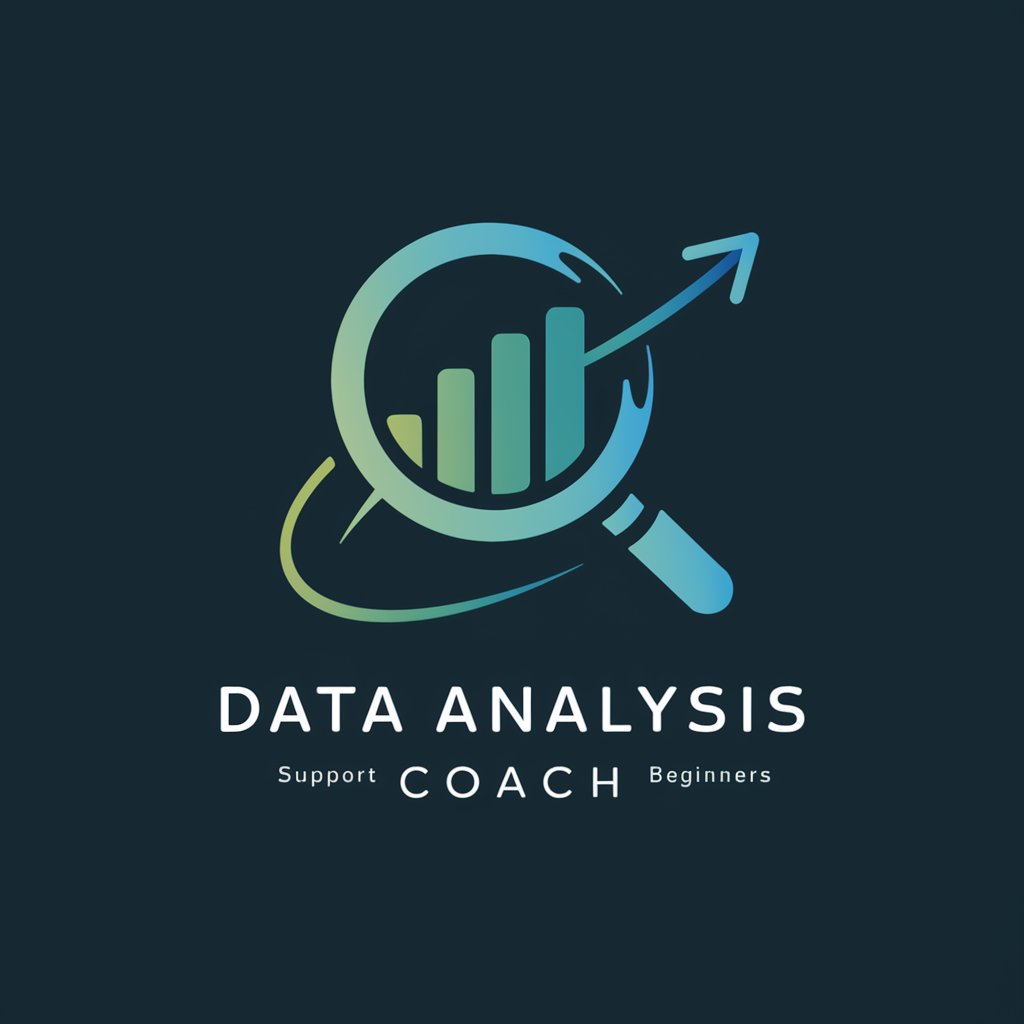
Natural Resources Management
Empowering Sustainable Management with AI

Natural Resources
Empowering sustainable management with AI
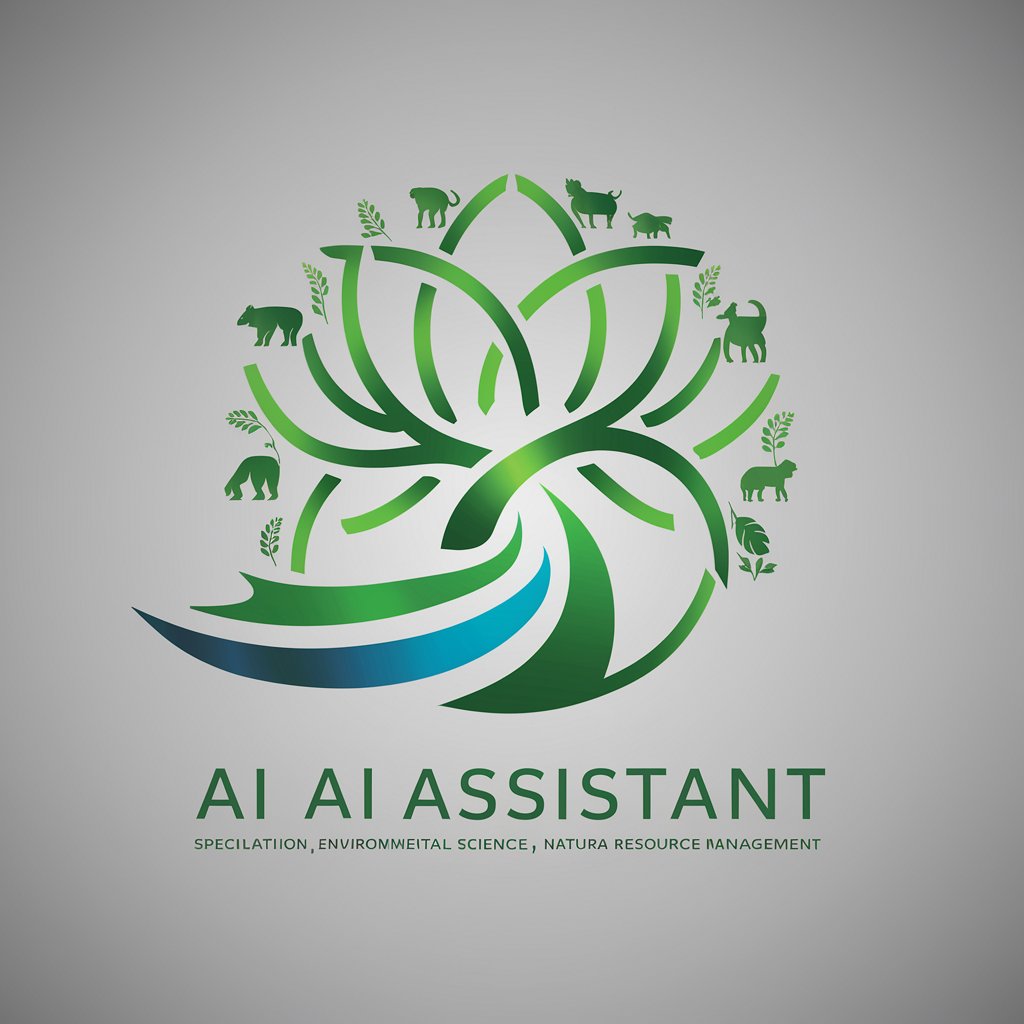
Resource Management
Maximize Resources with AI
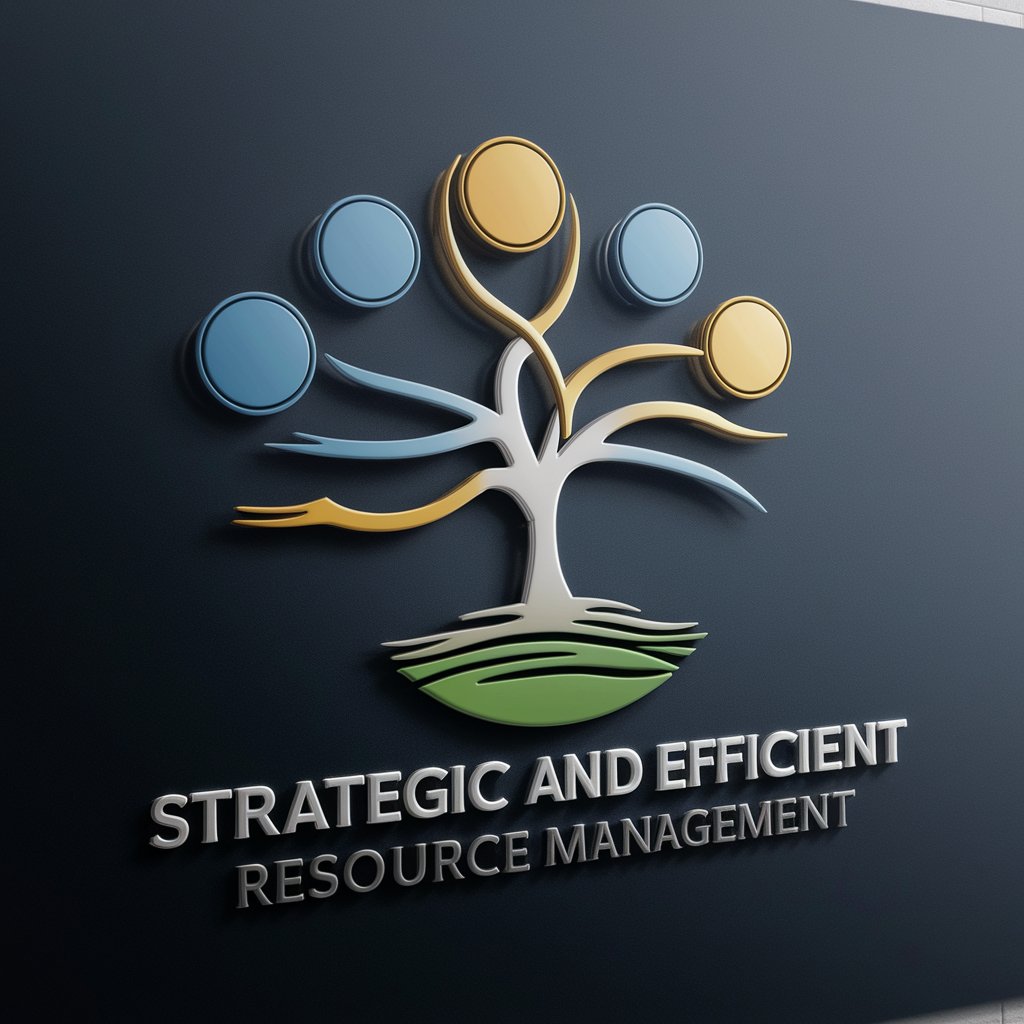
Skill Scout
Empower Your Team with AI-Driven Skill Insights
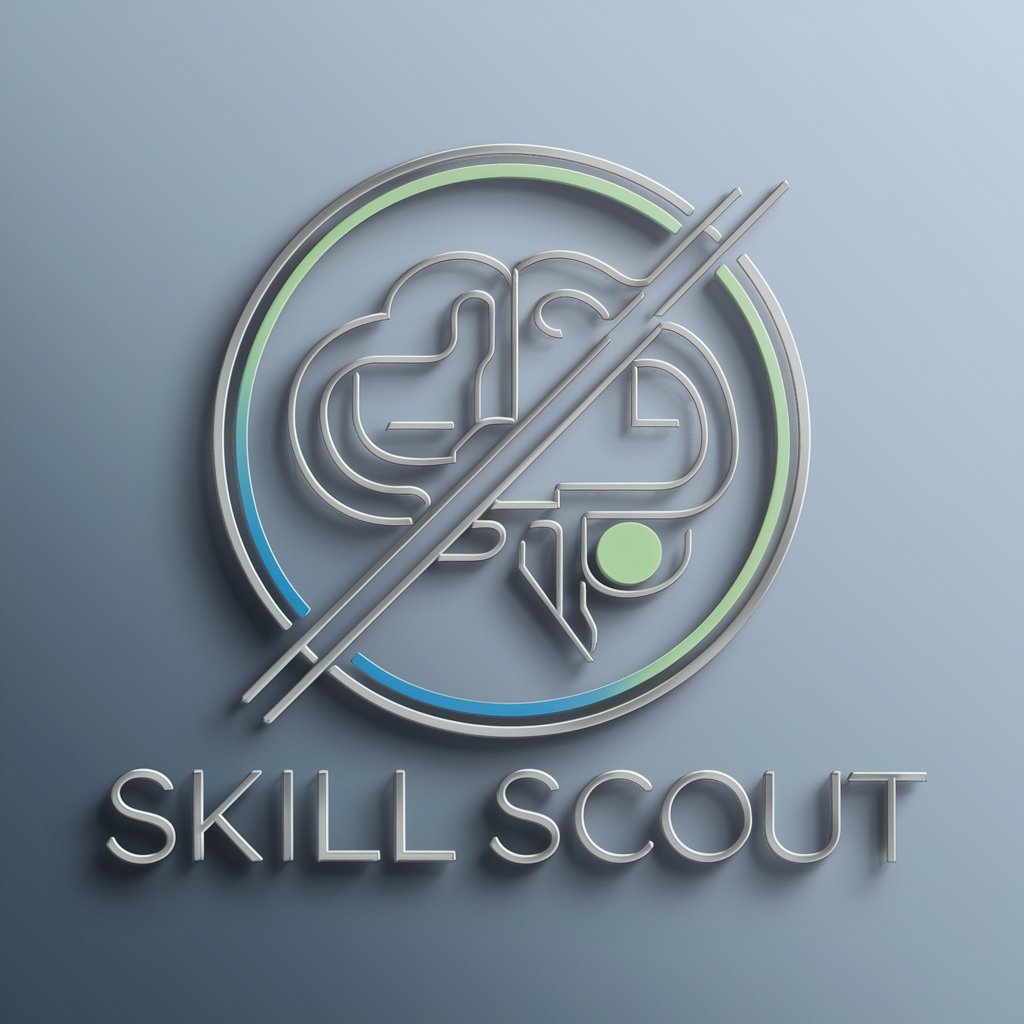
Public Service Administrator
Empowering Public Service Access with AI
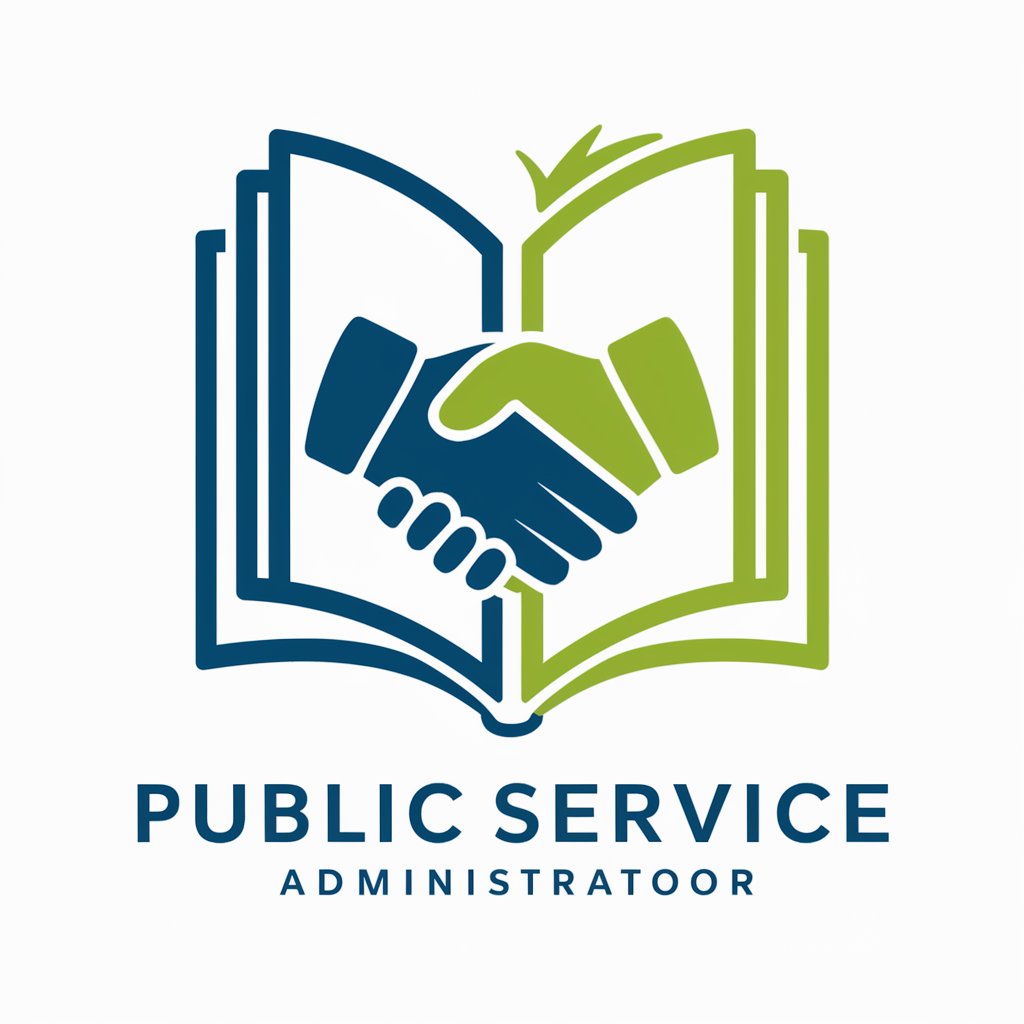
2024 Election
Empowering informed voting with AI-driven insights
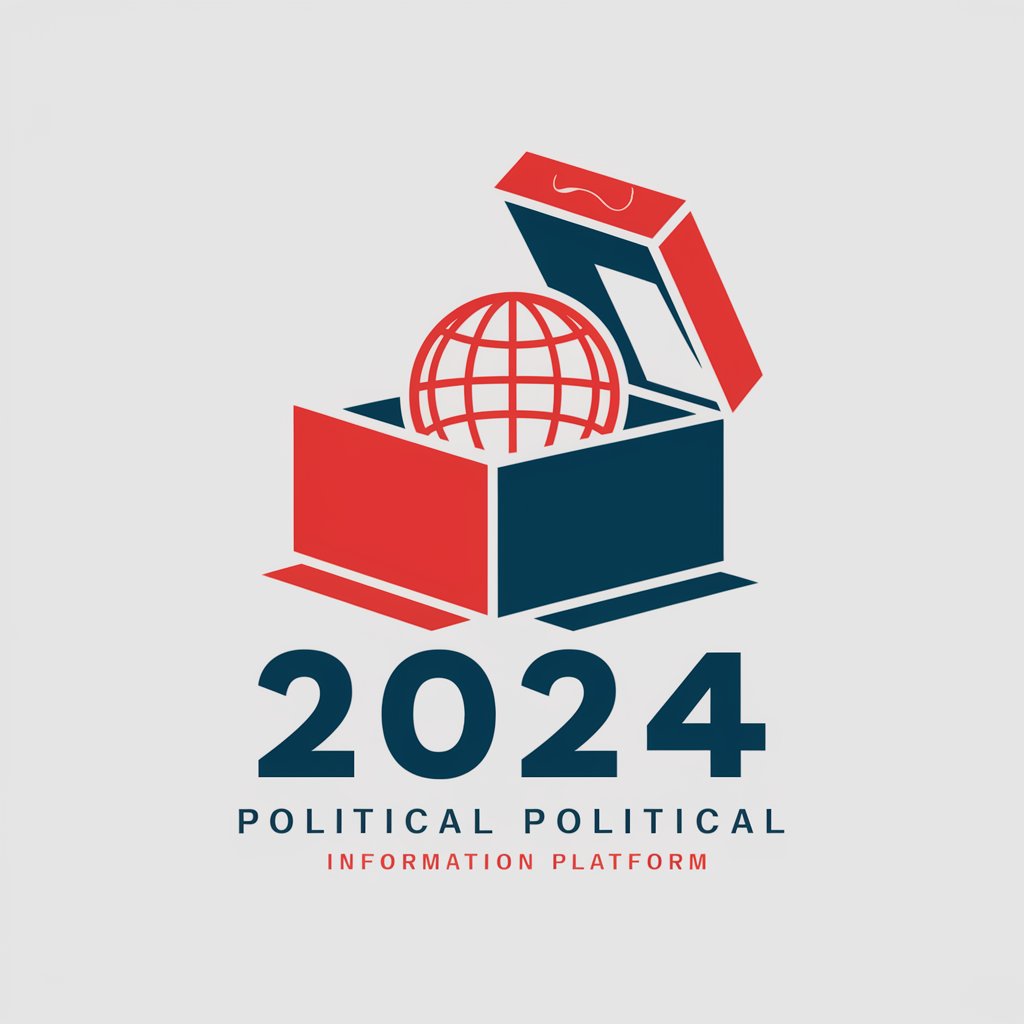
Frequently Asked Questions about Human Resources Development
What is Human Resources Development?
Human Resources Development (HRD) is a tool designed to enhance the skills, knowledge, and abilities of employees, facilitating professional growth and improving organizational performance.
How can HRD benefit my organization?
HRD can lead to improved employee performance, higher job satisfaction, reduced turnover rates, and the fostering of a culture of continuous learning and improvement.
Can HRD assist with leadership development?
Yes, HRD offers resources and modules focused on leadership skills, helping to cultivate effective leaders who can inspire teams and drive organizational success.
Is HRD suitable for small businesses?
Absolutely, HRD can be tailored to fit the needs of any size organization, providing small businesses with the tools to develop talent and remain competitive.
How does HRD support career progression?
HRD provides employees with development opportunities that prepare them for higher responsibilities, aiding in career advancement and personal growth.
